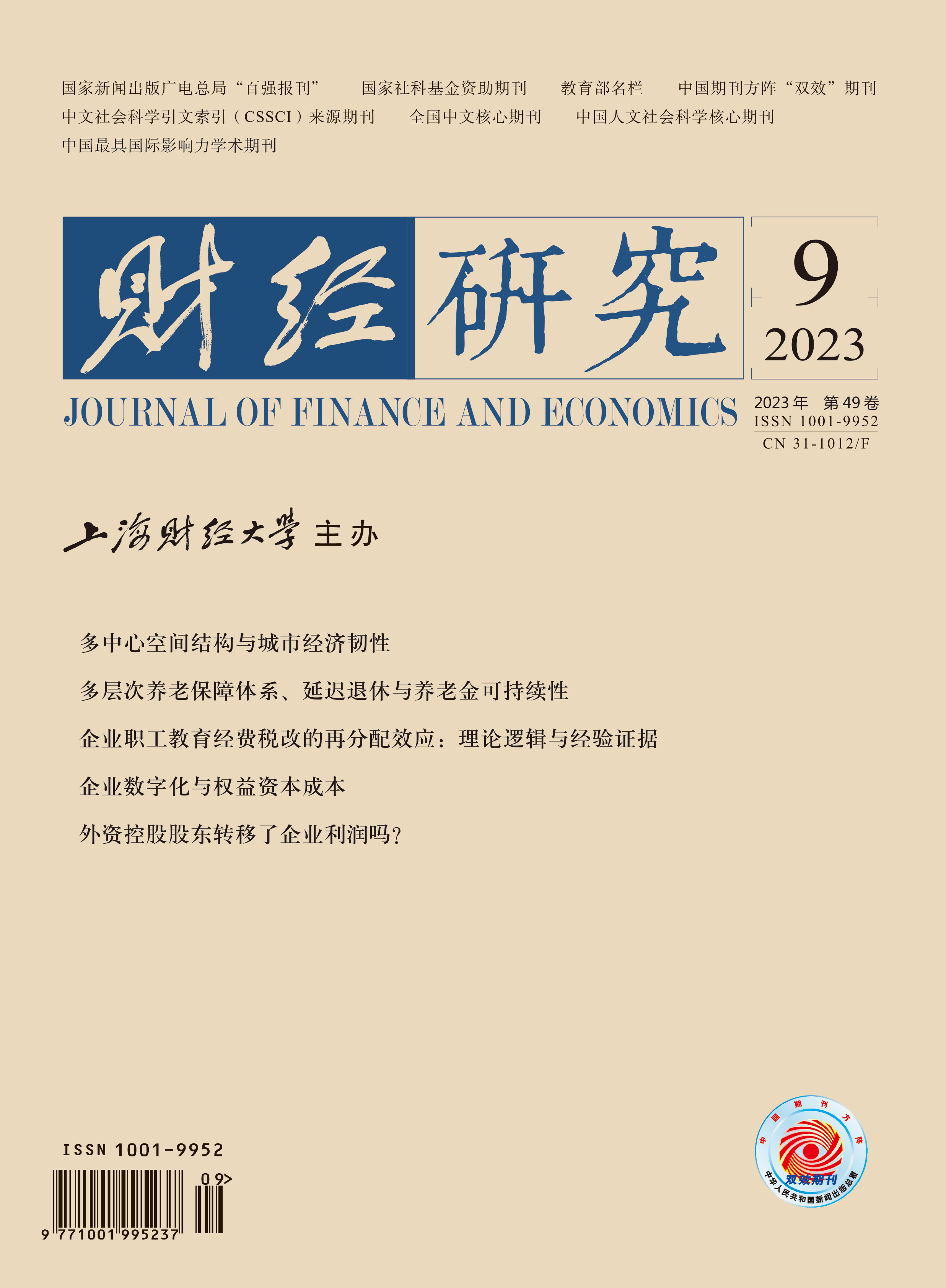The continuous decline in China’s labor supply and the gradual disappearance of the traditional demographic dividend have put greater operational pressure on the basic pension insurance aimed at improving the level of protection and maintaining financial balance. As early as 2008, China’s relevant authorities had proposed to delay the legal retirement age to alleviate the growing shortage of pension funds. In China, the basic pension insurance and enterprise annuity system have completely different payment methods, and their differentiating effects on employees’ retirement intention and their further impact on pension sustainability will be directly related to the future development direction of China’s pension security system.
Based on the theoretical framework of OLG model, this paper specifically analyzes the retirement decisions of employees under different pension payment methods, and uses the data of China Labor-force Dynamic Survey to conduct empirical tests. It is found that, on the whole, participation in basic pension insurance makes employees have a significant early retirement intention (about 0.356–0.449 years), while participation in enterprise annuity makes employees have a significant delayed retirement intention (about 0.434–0.579 years), thus there is no significant difference between participation in two pension insurances and participation in no pension insurance. Specifically, dominated by the heterogeneous effect of enterprise annuity, participation in two pension insurances has a large difference in the impacts of employees with different characteristics on their retirement intention. Among them, the delayed retirement effect of enterprise annuity is obvious for female employees, and employees without professional titles, qualifications, or higher education. The mechanism analysis shows that, the later the employee retires, the smaller the amount of personal basic pension insurance wealth, and longer working hours will further damage health and incur higher medical costs, resulting in employees participating in basic pension insurance having a willingness to retire early. Enterprise annuity wealth gradually accumulates with the extension of retirement time. When the enterprise annuity wealth brought by delayed retirement leads to an increase in the overall wealth of pension, employees will have a willingness to delay retirement. Therefore, the government’s plan to reduce the resistance to delayed retirement by optimizing enterprise annuity is economically feasible.
This paper deepens the labor supply theory of pension insurance to a certain extent. It helps to improve the personalized needs of pension plans and enhance the support and implementation of the delayed retirement policy, so as to make a smooth transition of the delayed retirement policy. It also provides policy enlightenment for China to promote the delayed retirement system and improve pension sustainability by building a multi-level pension security system.





 5328
5328  6129
6129

